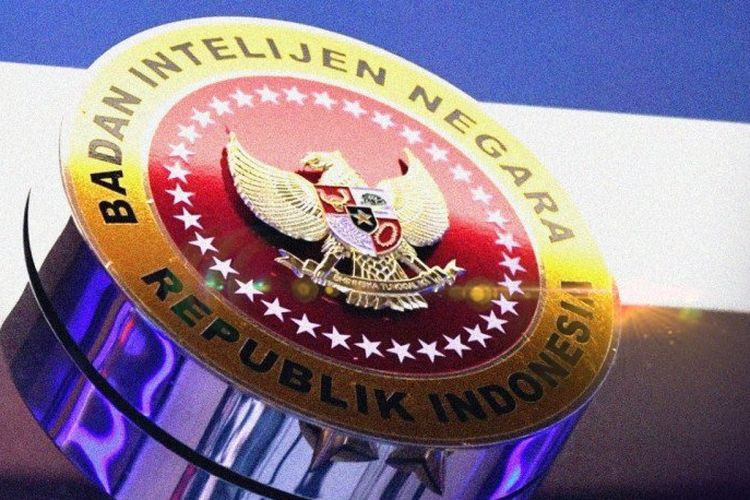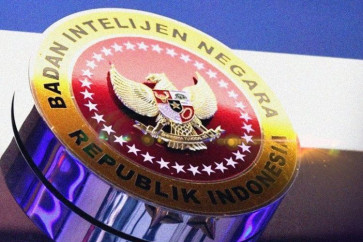Popular Reads
Top Results
Can't find what you're looking for?
View all search resultsPopular Reads
Top Results
Can't find what you're looking for?
View all search resultsRevamping strategic intelligence in the face of global competition
As Indonesia moves along its path to becoming a global middle power by its centennial in 2045, it must not forget the key ingredient that will bind its aspirations into a cohesive whole: world-class intelligence capabilities.
Change text size
Gift Premium Articles
to Anyone
A
s the world edges closer to a new phase of great power rivalry and irregular warfare, President Prabowo Subianto’s administration confronts a stark imperative: Revamp Indonesia’s strategic intelligence apparatus to world-class standards, or risk strategic irrelevance. In this age of hybrid threats, gray zone operations, cyber warfare and competing global narratives, intelligence is no longer just about secrecy; it is about statecraft, deterrence and national survival.
With the ambitious target of becoming a high-income country and respected global middle power by 2045, Indonesia’s centennial as a sovereign nation, the question is not whether we need world-class intelligence capabilities, but how fast and how far we are willing to go to build them. As President Prabowo shifts Indonesia’s grand strategy from passive nonalignment to dynamic strategic assertion, the country’s intelligence services must be recalibrated to lead, not follow, the trajectory of national interests in a volatile international system.
The current global security architecture is defined by the return of great power rivalry, primarily between the United States and China, the proliferation of irregular competition and the erosion of trust in global governance institutions.
Unlike the bipolar Cold War, the 21st century is shaped by nonlinear, multi-domain conflict, including economic coercion, disinformation, technological subversion, espionage, cyberattacks, proxy conflicts and regime influence operations. The Russo-Ukrainian war, China’s militarized Belt and Road corridors, US forward basing in the Indo-Pacific and Iran’s gray zone strategies all exemplify this emerging battlespace.
For Indonesia, these transformations pose multidimensional threats, from the digital penetration of domestic institutions to the contestation of our sovereignty in the Natuna Sea. Our geographic centrality in the Indo-Pacific has shifted from a strategic buffer to a contested pivot. Consequently, strategic intelligence is no longer a secondary function but the central nervous system of statecraft.
However, Indonesia’s intelligence community, which includes the State Intelligence Agency (BIN), the Strategic Intelligence Agency (Bais) and the State Cyber and Encryption Agency (BSSN), suffers from institutional redundancy and weak interoperability. While post-1998 reforms rightly aimed to prevent the abuse of power, this focus on political oversight inadvertently diluted strategic focus.
Today, there is an absence of a centralized doctrine or national intelligence strategy that binds these institutions to long-term objectives. Furthermore, the workforce remains under-resourced in key areas such as data science, AI analytics and foreign languages, with training modules still rooted in reactive, Cold War-era frameworks rather than anticipatory, techno-centric models.



















